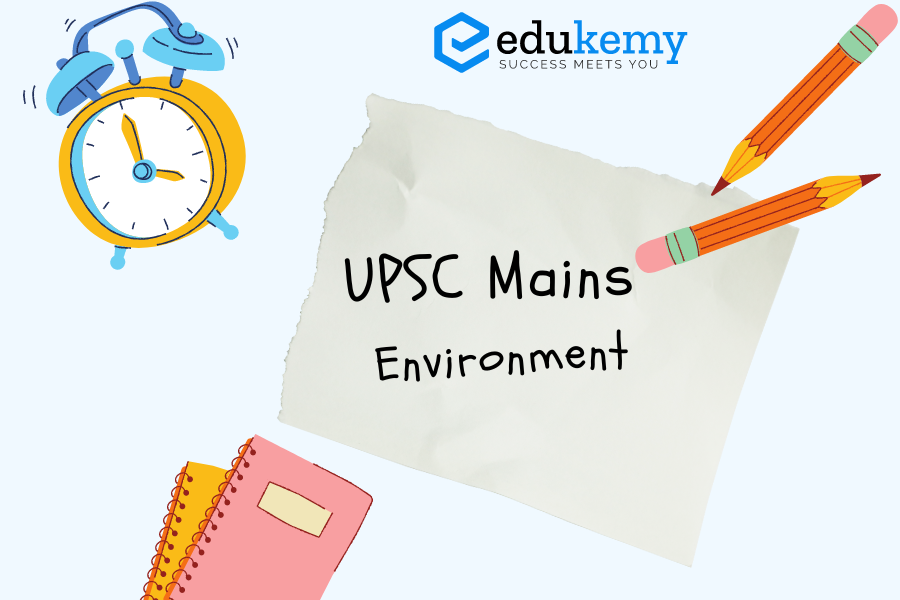
Contents
Introduction:
Soil pollution, the presence of toxic substances in soil, poses a significant environmental and health threat. Induced by industrial waste and agrochemicals, it diminishes crop yields by up to 50%, jeopardizing food safety and affecting 40% of the world’s arable land, thereby threatening global food security.
Impact on Food Security:
- Reduced Crop Yields: Contaminated soil hampers nutrient uptake, leading to diminished agricultural productivity and potential food scarcity (e.g., India’s annual loss of 5.3 million tons of food grains).
- Toxic Accumulation in Plants: Soil pollutants absorbed by plants render harvested produce unsafe, posing risks to both health and food supply chains (e.g., arsenic-contaminated rice in West Bengal).
Impact on Human Health:
- Short-term Health Effects: Exposure to soil pollutants can cause headaches, coughing, chest pain, nausea, and skin/eye irritation.
- Long-term Health Effects: Prolonged exposure may result in central nervous system depression, organ damage, and cancer.
Impact on the Environment:
- Ecosystem Disruption: Soil pollution disrupts nutrient cycling, plant health, and soil structure, affecting overall ecosystem balance.
- Water Pollution: Soil pollutants contaminate nearby water, causing fish kills and disrupting aquatic food chains.
- Long-term Degradation: Soil pollution persists for decades, hindering land rehabilitation, and leading to permanent arable land and habitat loss.
Soil Pollution Control Measures:
- Soil Excavation: Removal and transport of contaminated soil to remote, uninhabited areas.
- Bioremediation of Phytoremediation: Use of microorganisms and plants to clean contaminated soil.
- Mycoremediation: Utilization of fungi to accumulate heavy metal contaminants in soil.
Conclusion:
Soil pollution is a complex issue with severe implications for food security, human health, and the environment. Urgent action is needed through stringent regulations, sustainable farming practices, and awareness campaigns to ensure the well-being of current and future generations and maintain ecosystem sustainability.
In case you still have your doubts, contact us on 9811333901.
For UPSC Prelims Resources, Click here
For Daily Updates and Study Material:
Join our Telegram Channel – Edukemy for IAS
- 1. Learn through Videos – here
- 2. Be Exam Ready by Practicing Daily MCQs – here
- 3. Daily Newsletter – Get all your Current Affairs Covered – here
- 4. Mains Answer Writing Practice – here

